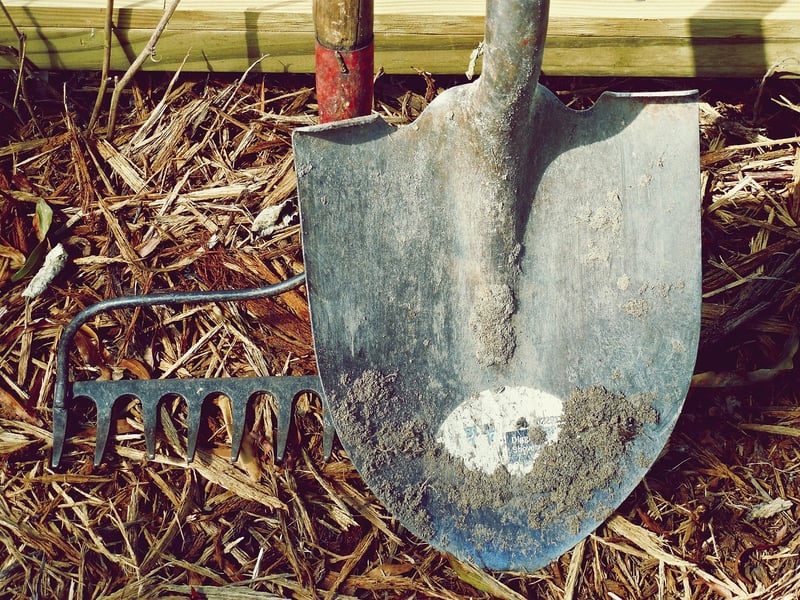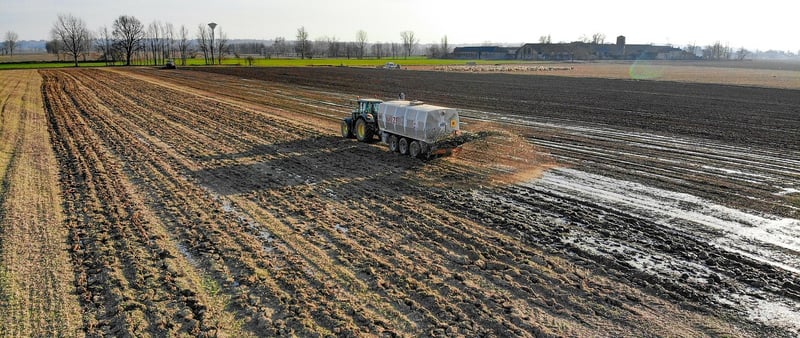Natural Fertilizers
Eco-Friendly Gardening and Natural Fertilizers
Welcome to the world of eco-friendly gardening! Whether you're a seasoned gardener or just starting out, incorporating natural fertilizers into your gardening routine can have a positive impact on your plants and the environment. In this article, we'll explore the benefits of eco-friendly gardening practices and how natural fertilizers can help you achieve a thriving garden.
The Benefits of Eco-Friendly Gardening
Eco-friendly gardening focuses on sustainable practices that minimize harm to the environment. By adopting eco-friendly gardening techniques, you can:
- Reduce chemical runoff into water sources
- Promote biodiversity and support pollinators
- Improve soil health and fertility
- Conserve water and energy
- Create a healthier and more vibrant garden
Natural Fertilizers for Your Garden
Using natural fertilizers is a key aspect of eco-friendly gardening. Natural fertilizers are derived from organic sources and provide essential nutrients to your plants without the use of synthetic chemicals. Some popular natural fertilizers include:
- Compost: Made from kitchen scraps, yard waste, and other organic materials, compost is a nutrient-rich soil amendment that improves soil structure and fertility.
- Manure: Animal manure, such as cow or chicken manure, is a valuable source of nitrogen, phosphorus, and potassium for plants.
- Organic Mulch: Mulching with materials like straw, leaves, or grass clippings helps retain moisture, suppress weeds, and enrich the soil as it breaks down.
- Seaweed Extract: Rich in trace minerals and growth hormones, seaweed extract is a natural fertilizer that promotes plant growth and overall health.
Embracing Sustainable Gardening Practices
As you embark on your eco-friendly gardening journey, consider the following tips to create a more sustainable garden:
- Practice water conservation by using rain barrels and drip irrigation systems.
- Attract beneficial insects and pollinators by planting native flowers and providing habitat areas.
- Rotate crops to prevent soil depletion and reduce the risk of pests and diseases.
- Choose heirloom and organic seeds to support genetic diversity and avoid GMOs.
By incorporating natural fertilizers and eco-friendly practices into your gardening routine, you can create a beautiful, bountiful garden while minimizing negative impacts on the environment. Happy gardening!

